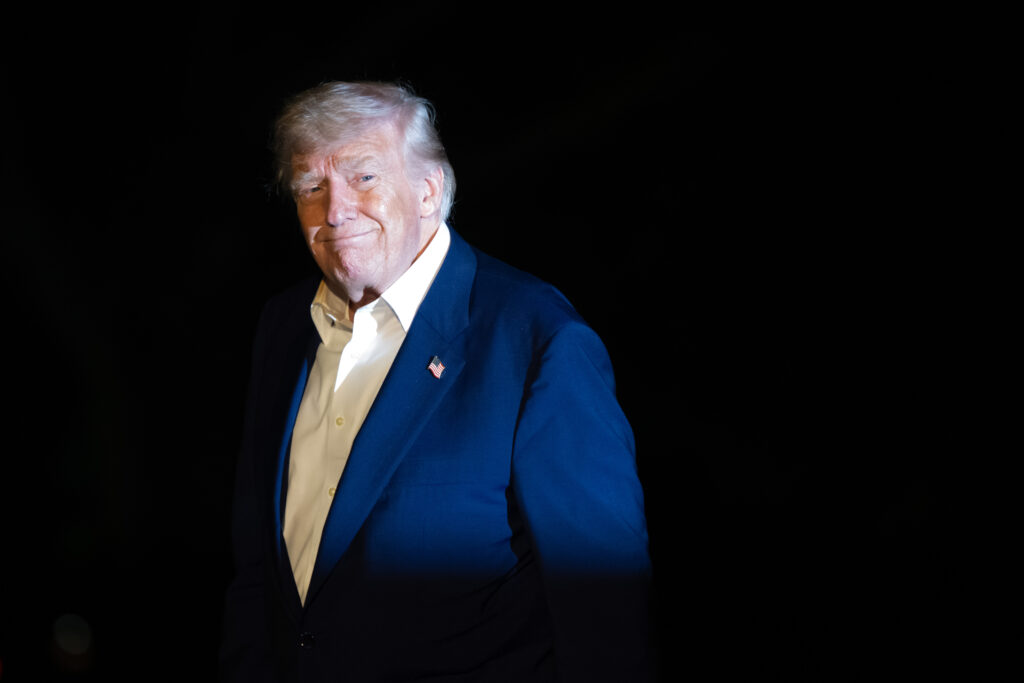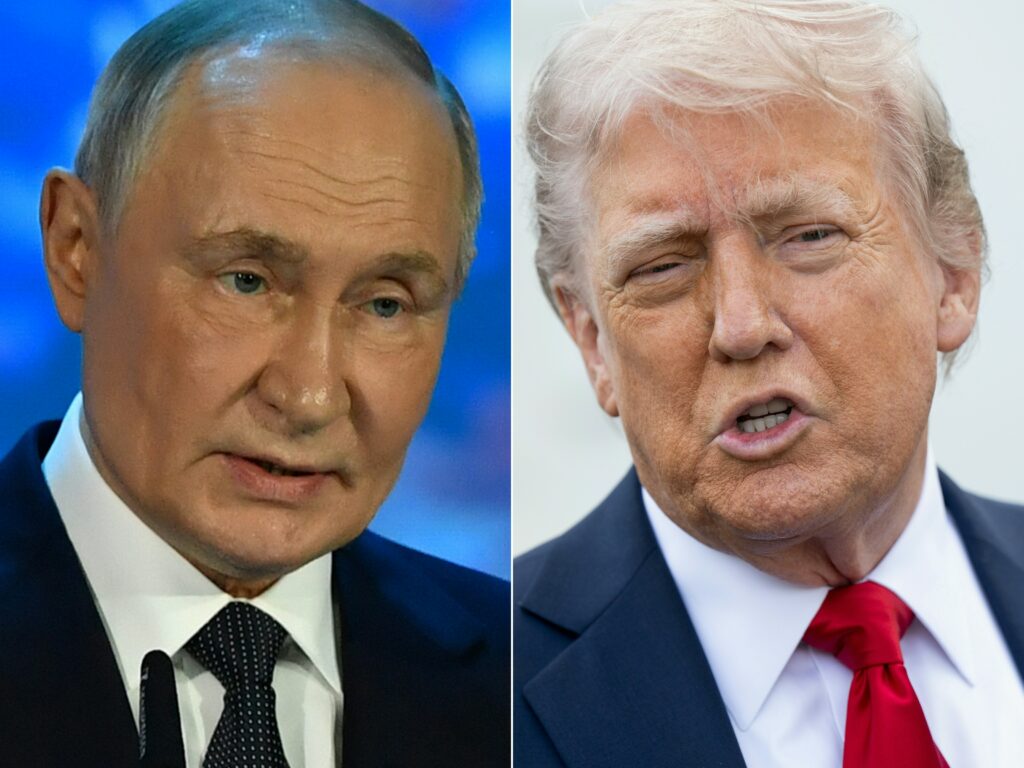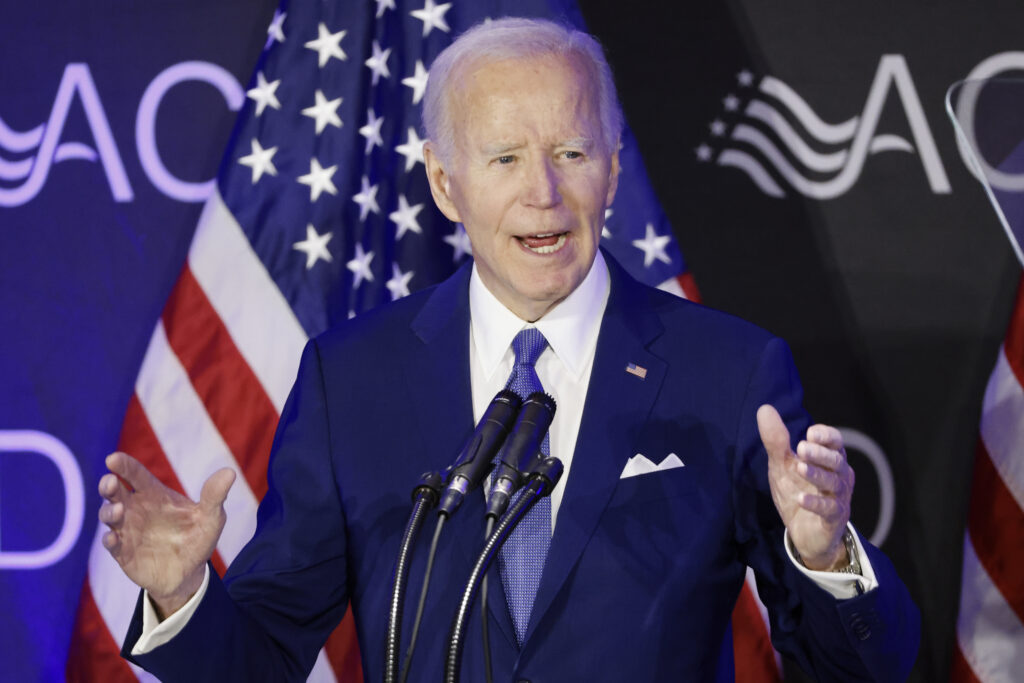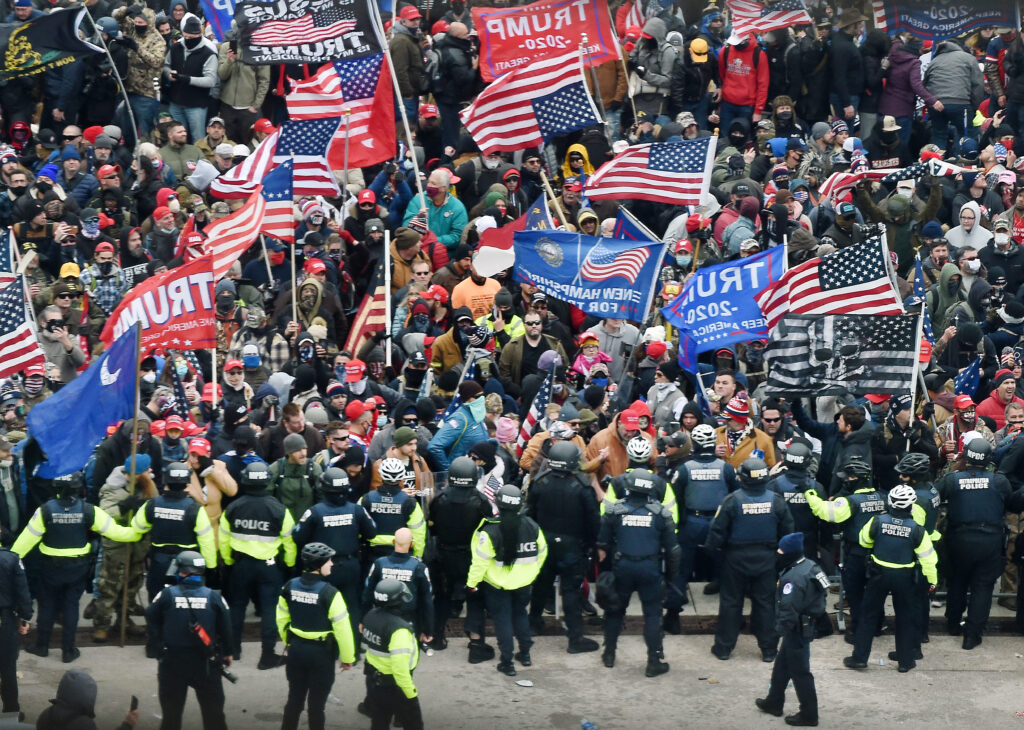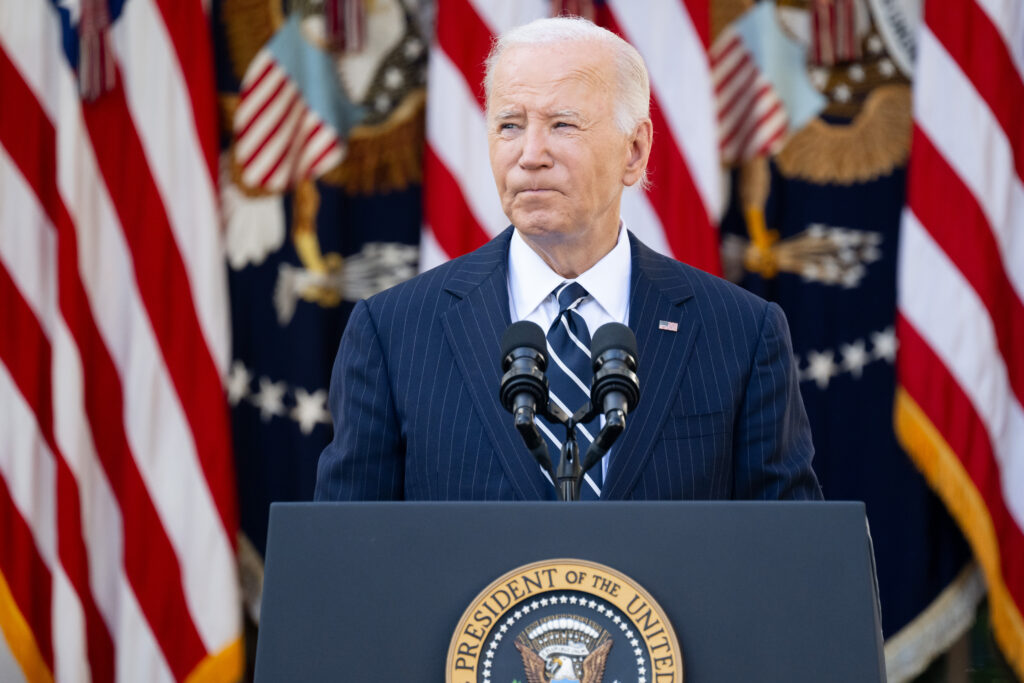Trump seeks ‘major’ probe of celebs who backed Harris
US President Donald Trump called Monday for a “major investigation” into Beyonce, Bruce Springsteen and other celebrities, alleging they were paid millions of dollars to endorse his Democratic opponent in the 2024 election, Kamala Harris.In a rant-filled diatribe that provided no evidence for his allegations, Trump charged for instance that Beyonce was paid $11 million to appear at a Harris rally — reports the Democrat’s team has denied.Trump, six months after he beat Harris to launch a second term in the White House, said such payments could amount to illegal campaign contributions.The US president alleged that for a Harris rally in late October in which the “Freedom” singer made an appearance, “Beyonce was paid $11,000,000 to walk onto a stage, quickly ENDORSE KAMALA, and walk off to loud booing for never having performed, NOT EVEN ONE SONG!” Trump said this was “according to news reports.” At the time, Beyonce told the rally crowd that “I’m not here as a celebrity. I’m not here as a politician. I’m here as a mother.”The US president said he intended “to call for a major investigation into this matter.””Candidates aren’t allowed to pay for ENDORSEMENTS, which is what Kamala did, under the guise of paying for entertainment,” he said, while also alleging the Democrat was trying to “artificially build up her sparse crowds. IT’S NOT LEGAL!”In her bid for the presidency Harris sought to harness star power from celebrities such as Beyonce, Springsteen and Oprah Winfrey.Winfrey has defended a $1 million payment to her production company from the Harris campaign to cover costs associated with the talk show legend’s production company hosting the presidential candidate at a rally in September.The campaign listed one endorsement-related expenditure for $75 in its financial reports to an environmental advocacy group.Trump, who won the 2024 election comfortably, received scant support from the entertainment industry at large but tapped into a targeted subset of well-known, hypermasculine influencers including podcast host Joe Rogan.The president on Monday accused Harris of paying rock star Springsteen to perform at a rally in Georgia weeks before the election.”How much did Kamala Harris pay Bruce Springsteen for his poor performance during her campaign for president?” he wrote.”Why did he accept that money if he is such a fan of hers?”Trump last week took to Truth Social to feud with Springsteen after the star told a British concert audience that his homeland was now ruled by a “corrupt, incompetent and treasonous administration.”In return, the 78-year-old Republican said the star, nicknamed “the Boss,” is “Highly Overrated.”Springsteen is an outspoken liberal critic of Trump and turned out for Harris after she replaced Democratic president Joe Biden in his abandoned reelection bid.
